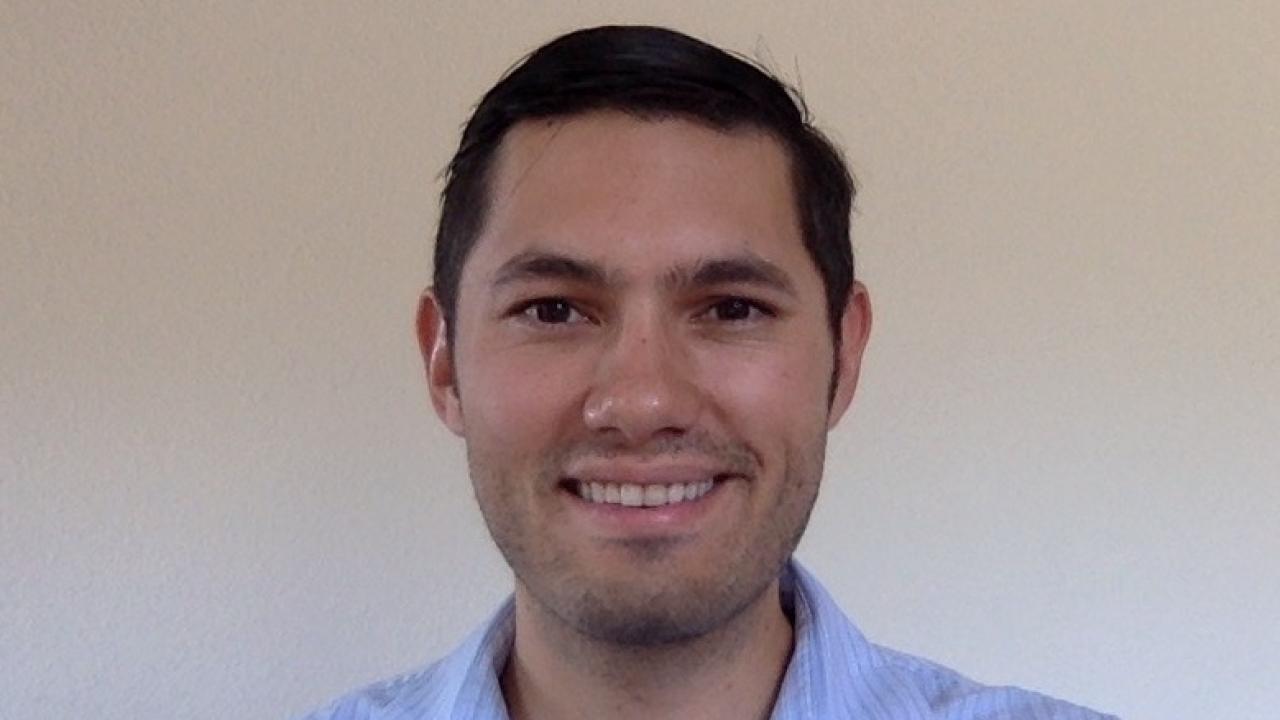
Q&A: Psychology Alum/Professor on the Importance of Undergraduate Research
Jonathan Helm got his first taste of psychology research during his second year as a UC Davis undergraduate. After earning three UC Davis psychology degrees — a bachelor’s in 2008, a master’s in 2010 and a doctorate in 2013 — Helm is now an assistant professor of quantitative psychology at San Diego State University.
Helm recently collaborated with one of his former UC Davis professors, psychologist Paul Hastings, and other colleagues on a study that found growing up in impoverished urban neighborhoods more than doubles your chances of developing a psychosis-spectrum disorder by middle adulthood.
We asked him some questions about his journey from student to faculty researcher:

What did you gain from your undergraduate research?
“I worked in a variety of labs from my sophomore to senior years of college on projects which examined a range of topics (including visual perception, developmental psychology, and quantitative psychology). These experiences were great opportunities for me to understand the practical differences across the research domains, and to identify the aspects that I enjoyed about each. For example, developmental psychology requires collecting data across several years, and I’m impatient!”
What motivated you to study psychology?
“I’ve always been very curious about people, including their thoughts, feelings, and behaviors. I have a relatively vivid memory from middle school wherein a friend exclaimed that I should be a therapist because I asked her so many questions about the dynamics that were unfolding between her and her friends and family. I carried that interest to college and enjoyed a more formal training in psychological science. I am still very curious and interested in people; and I enjoy the opportunity to understand people from a scientific approach.”
Any advice for UC Davis psychology majors?
“My biggest piece of advice to students studying psychology at UC Davis is to appreciate the ‘scientific’ aspect of ‘psychological science.’ I think that many students choose to study psychology because they enjoy studying theories that attempt to explain human behavior. However, I often find that students miss out on or don’t have a full appreciation of the scientific approach taken to test those theories. [I recommend] research methods courses that teach the various scientific approaches taken to test psychological theories. That set of approaches is one of the most fascinating and central tenets of our profession. How can we test whether genes or the environment have a larger impact on behavior? How can we determine who will perform well in school? How can we identify who is at the greatest risk for depression? The detailed and rigorous process by which we test those theories is perhaps the most important part of psychological science, and it is the one of the main foci that unfold in each lab at UC Davis. I encourage students to learn, appreciate, and question that process.”
Did you think when you were a student that you would be a professor someday?
“I don’t think I had any idea how far I would go when I was an undergrad at UC Davis. I remember wanting to earn a doctorate in psychology... I always enjoyed the intellectual stimulation associated with research labs, and the challenges associated with science. My focus was less on being a professor, and more on getting to go to graduate school to continue working on interesting projects.”
— Kathleen Holder, content strategist in the UC Davis College of Letters and Science
